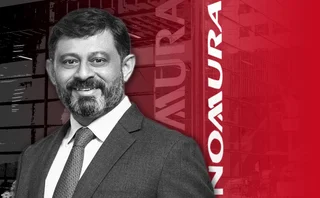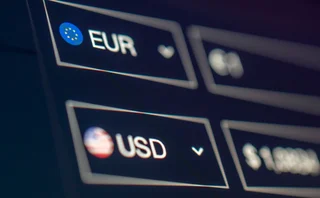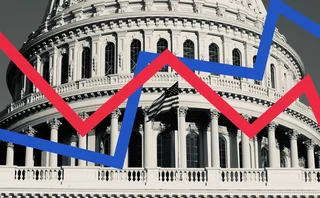
Trouble in Taipei
Taiwanese retail investors have suffered significant mark-to-market losses across a range of structured products in the past year. This has sparked a fierce backlash against product providers, and new rules look set to substantially reduce the size of the $28 billion market. Georgina Lee reports

The meltdown in the US mortgage market, and the subsequent seizing-up of global credit markets and decline in equity markets has hit structured product investors in Taiwan hard. Traditionally comfortable with US dollar-denominated assets, Taiwanese investors have lost money at both the institutional level, through mortgaged-backed securities and collateralised debt obligations (CDOs), and on the
Only users who have a paid subscription or are part of a corporate subscription are able to print or copy content.
To access these options, along with all other subscription benefits, please contact info@risk.net or view our subscription options here: http://subscriptions.risk.net/subscribe
You are currently unable to print this content. Please contact info@risk.net to find out more.
You are currently unable to copy this content. Please contact info@risk.net to find out more.
Copyright Infopro Digital Limited. All rights reserved.
As outlined in our terms and conditions, https://www.infopro-digital.com/terms-and-conditions/subscriptions/ (point 2.4), printing is limited to a single copy.
If you would like to purchase additional rights please email info@risk.net
Copyright Infopro Digital Limited. All rights reserved.
You may share this content using our article tools. As outlined in our terms and conditions, https://www.infopro-digital.com/terms-and-conditions/subscriptions/ (clause 2.4), an Authorised User may only make one copy of the materials for their own personal use. You must also comply with the restrictions in clause 2.5.
If you would like to purchase additional rights please email info@risk.net
More on Markets
Neural networks unleashed: joint SPX/VIX calibration has never been faster
SPX and VIX options can be jointly calibrated in real time with deep neural networks
Ardagh CDS outcome satisfies some, but presents more questions
Early restructuring trigger and asset-package delivery could signify a new era for European trades
Nomura’s new global markets strategy: less risk, more revenue
Japan’s top dealer is moving away from risk warehousing to chase real money clients and go global
Smarter margin. Clearer insight. Diversify liquidity.
Content series aggregating analysis, survey findings and practitioner perspectives examining the growing role of non-cash VM collateral, the operational challenges it creates and whether tri-party infrastructure can support the next phase of change
FX options API trading takes off at quant hedge funds
Systematic players behind surge in direct execution, say dealers
Investors turn to costly ‘all weather’ hedging strategies
Geopolitical and technology risks spur demand for multi-strategy QIS tail hedges
Wild dollar swing upended FX options hedges
Banks chased vol higher as last week’s EUR/USD surge knocked out barrier trades
How US shutdown set off long-awaited basis bet
Hedge funds dust off a years-in-the-making relative value trade to profit from fallback mismatch







